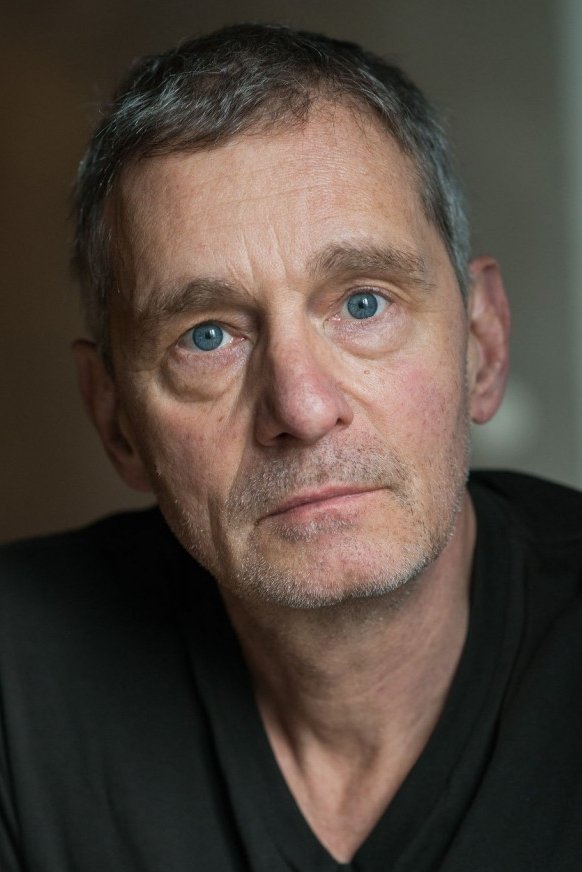
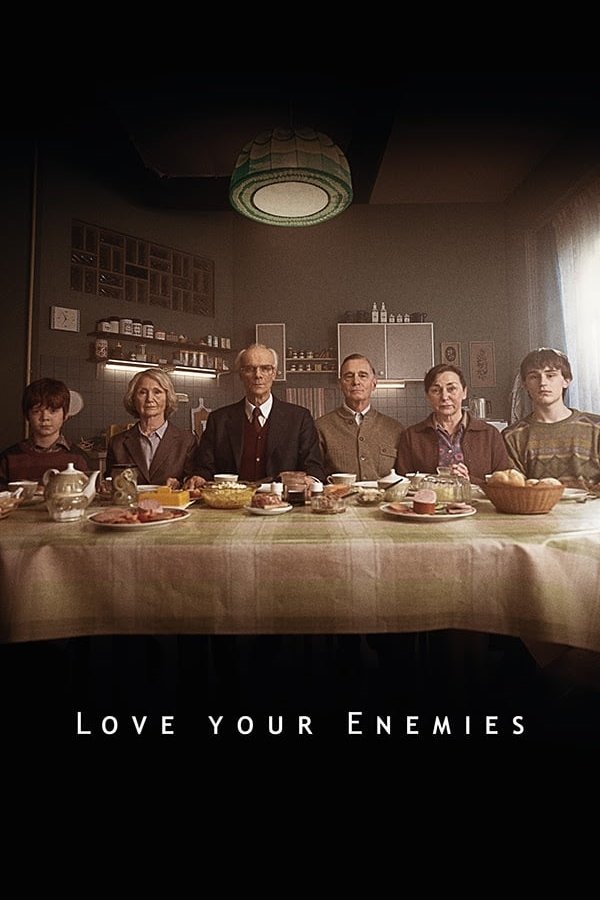
GDR, January 1990. After his ouster and the fall of the wall, dictator Erich Honecker and his wife Margot find themselves virtually homeless. Only Protestant pastor Uwe Holmer and his family, who, like many others, have suffered under his tyrannical regime, offer them refuge.
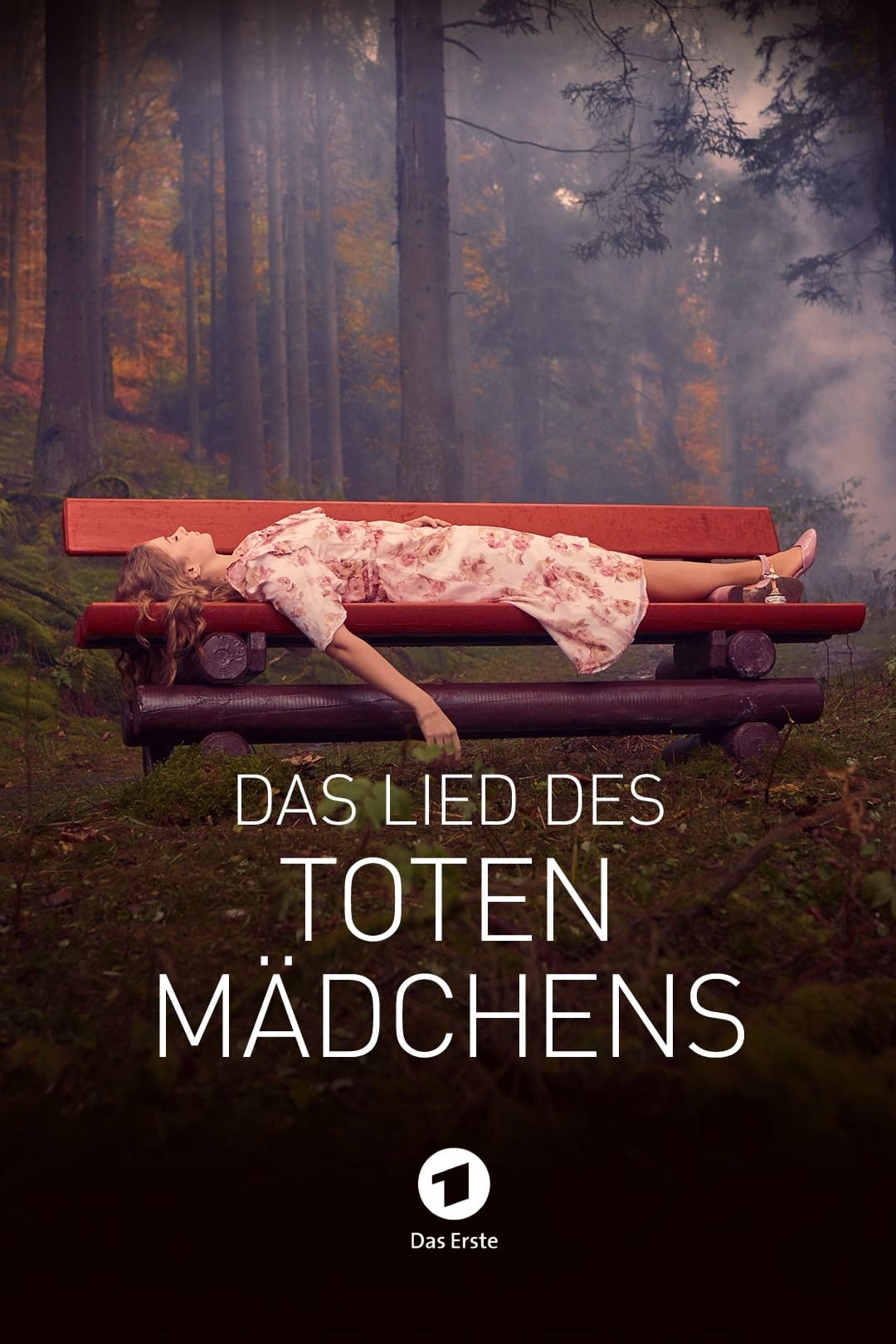
Sauerland, autumn 1995: In the middle of the forest on the Wilzenberg, a walker finds the body of high school graduate Sonja Risse. However, the fact that the killer left a music box with the lullaby "Hush Little Baby" at the crime scene does not lead to a clear solving. 25 years later, the investigative journalist Stefanie Schneider, known as "Mütze", made a surprising discovery in Cologne. In a disused multi-storey car park, she films an undressed corpse of a man with a music box running next to it! When her colleague Jan Römer, who reported on the spectacular Sonja case as a young journalist in 1995, recognizes the melody from back then, he immediately believes there is a connection. He goes to Wilzenberg with his ambitious colleague to interview Sonja's mother Maria, her former teacher Waldheim and her best friends. The more the journalists compile, the clearer the contradictions and gaps that the investigators should have noticed at the time.
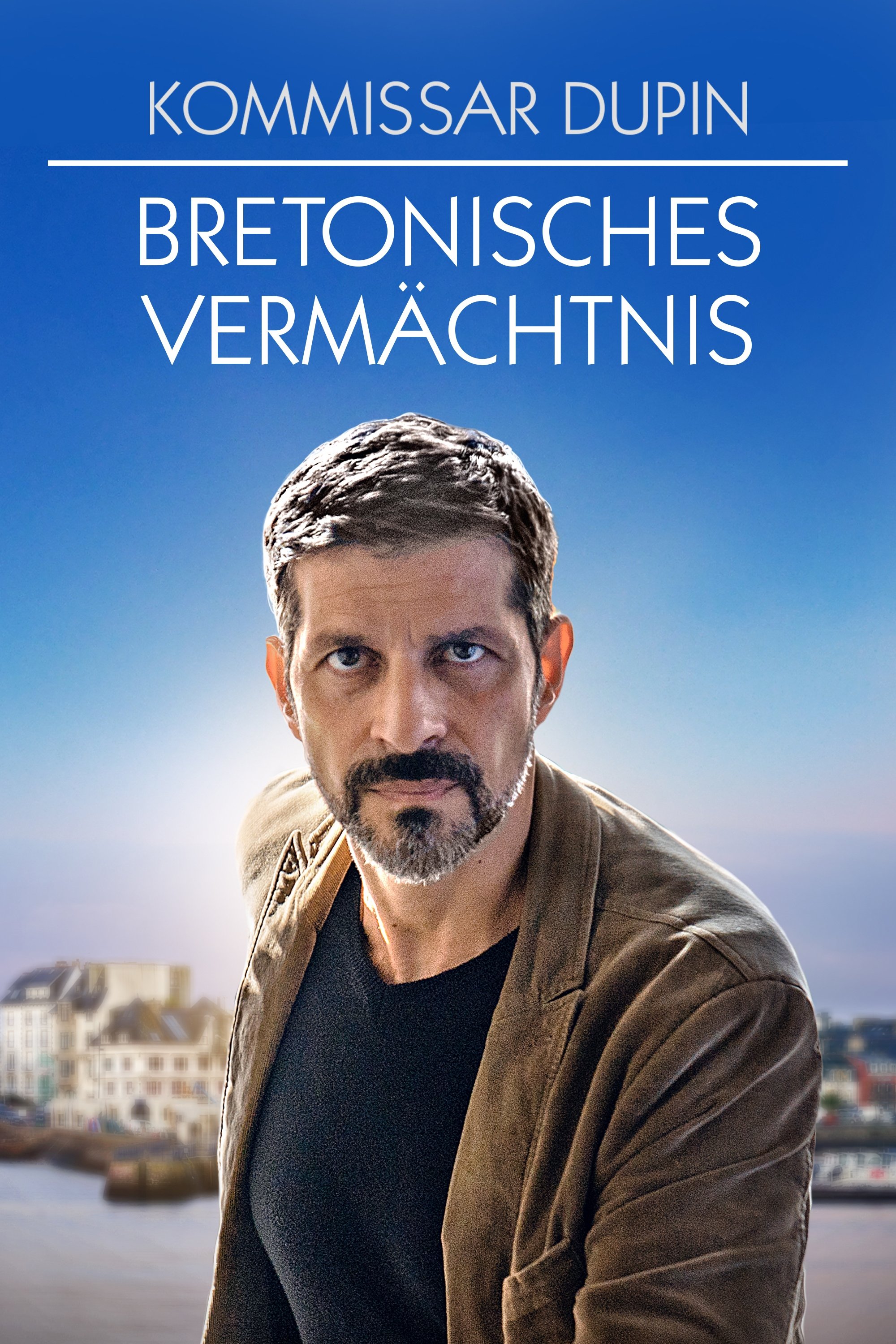
While drinking coffee at an outdoor café, Dupin sees a man drop to his death.
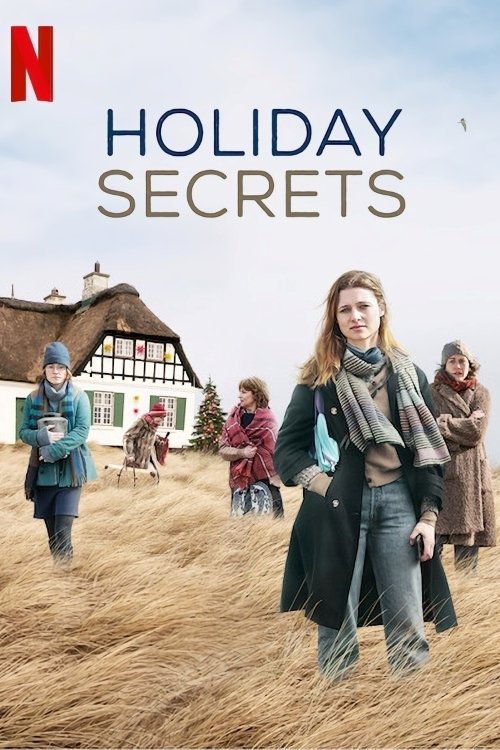
A Christmas reunion becomes a gateway to the past in this three-part series that explores the intimate complexities of one family's history.

Pauline Schwebe is a police officer and single. She is touched when she discovers Leo Golombeck's handwritten wish list at a traffic light. In it, the seven-year-old invites a lonely soul to a Christmas party with his family. In return, he wouldn't mind if the lonely soul brought a few presents. Pauline visits Leo, who lives in modest circumstances with his sister Lotte and his dad Daniel. As Pauline's parents are constantly nagging her that she is still single, she quickly invites Daniel and his children to the family Christmas party and introduces him as her new boyfriend.
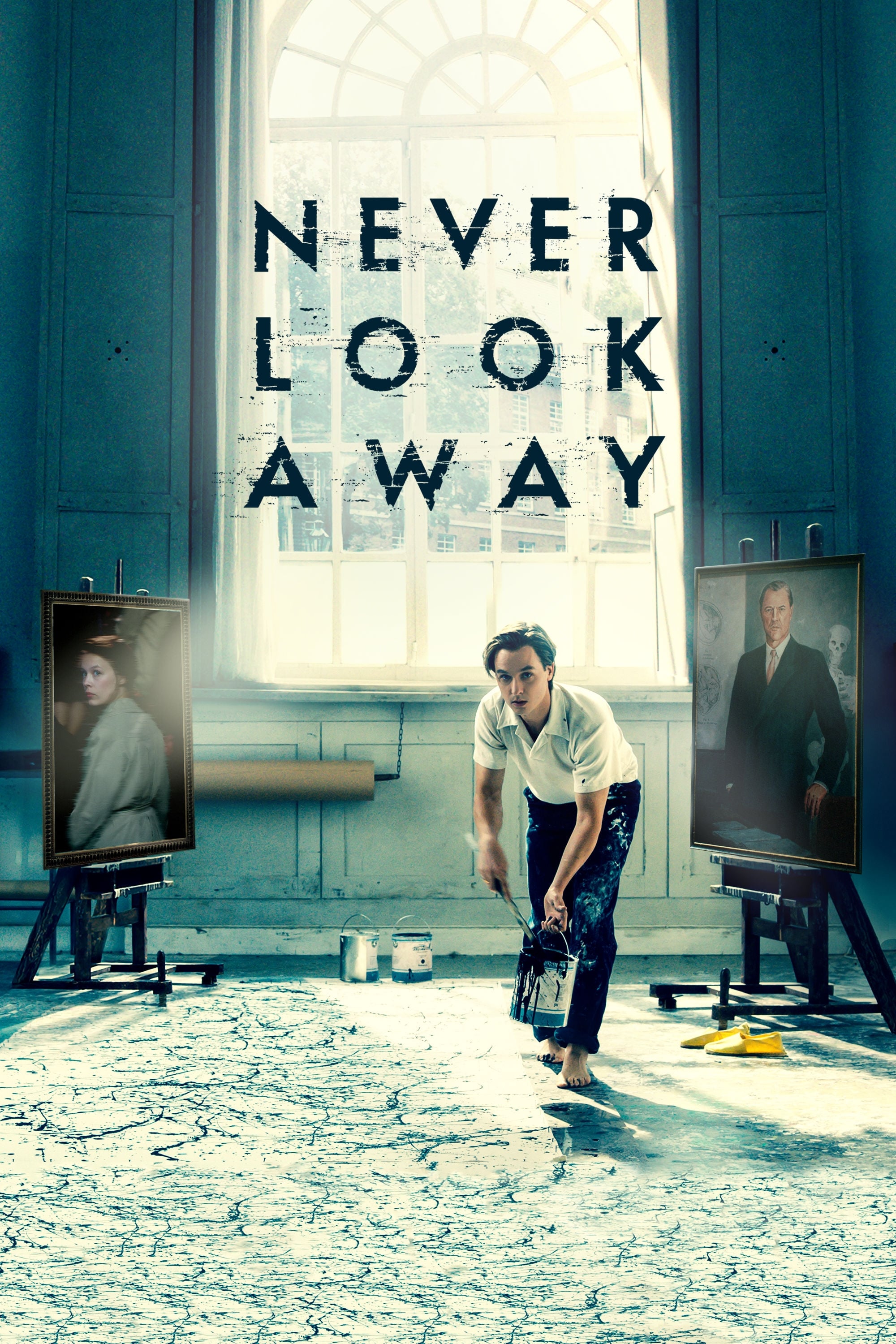
German artist Kurt Barnert has escaped East Germany and now lives in West Germany, but is tormented by his childhood under the Nazis and the GDR regime.
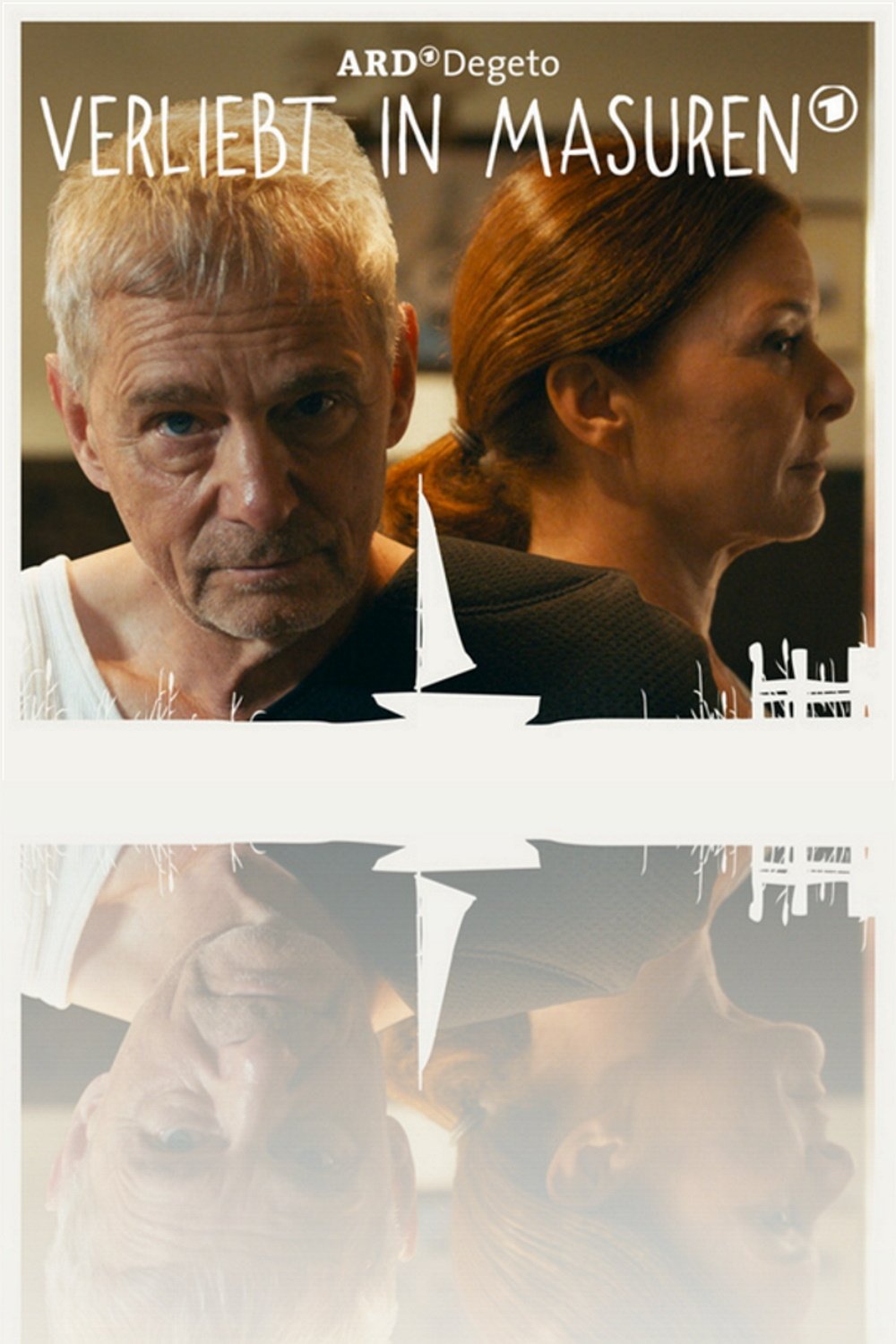
Strongly acted, charmingly cheeky character comedy with a gentle culture clash note. After a boat accident, seaman Kurt (Hans-Uwe Bauer) needs short-term support in everyday life. A mammoth task, since no one can cope with the difficult patient. The emergency service conjures up its last ace up its sleeve: the resolute Roza from Poland's natural paradise, the wild and romantic Masuria.
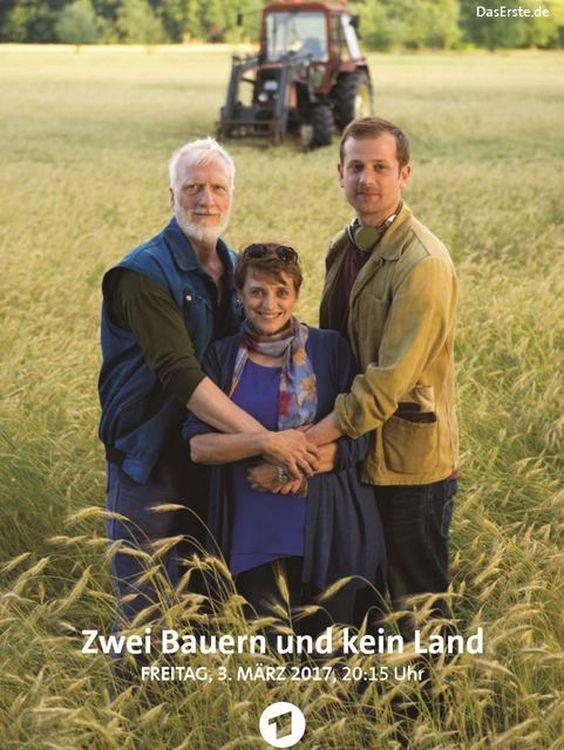
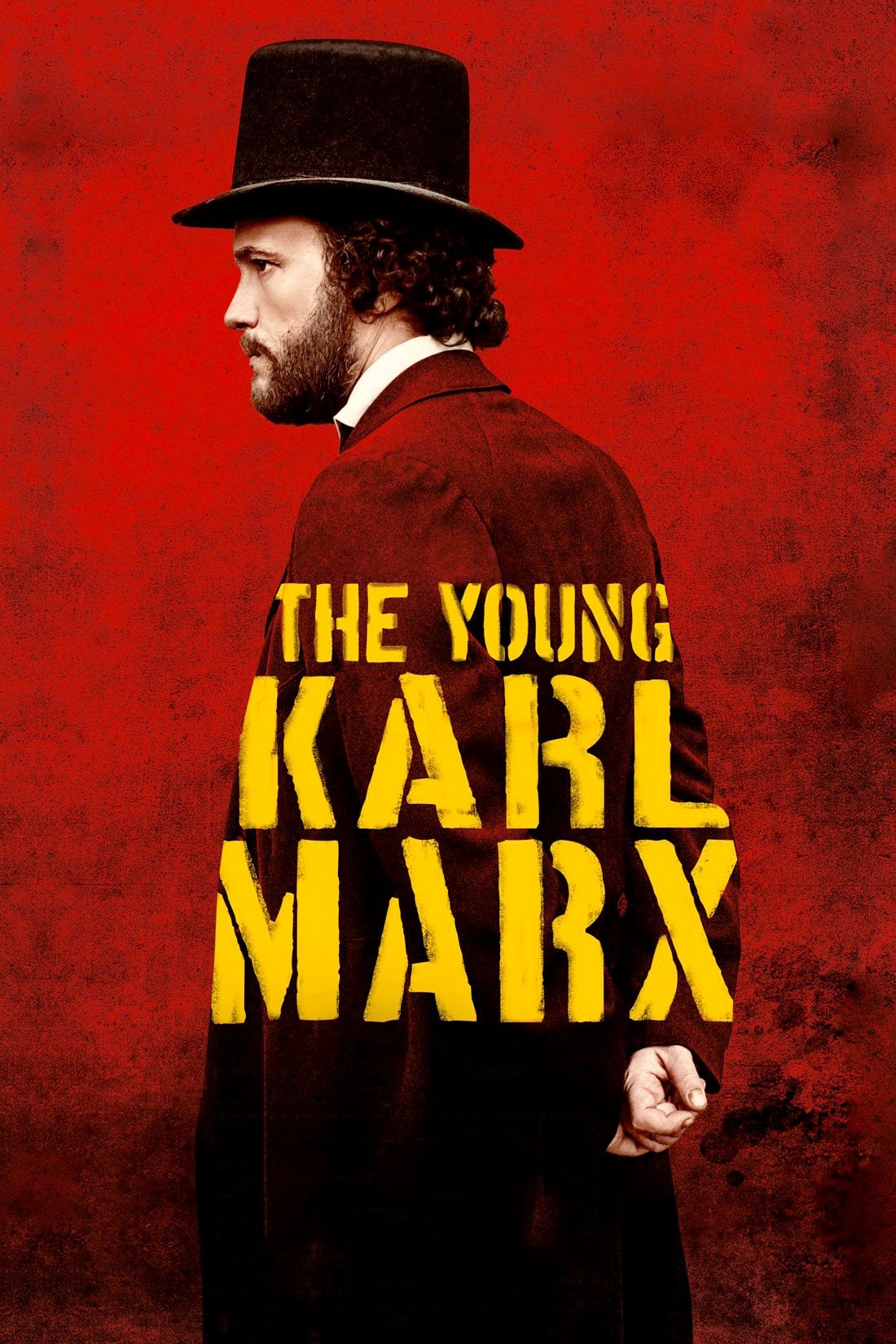
26 year-old Karl Marx embarks with his wife, Jenny, on the road to exile. In 1844 in Paris, he meets Friedrich Engels, an industrialist’s son, who has been investigating the sordid birth of the British working class. Engels, the dandy, provides the last piece of the puzzle to the young Karl Marx’s new vision of the world. Together, between censorship and the police’s repression, riots and political upheavals, they will lead the labor movement during its development into a modern era.
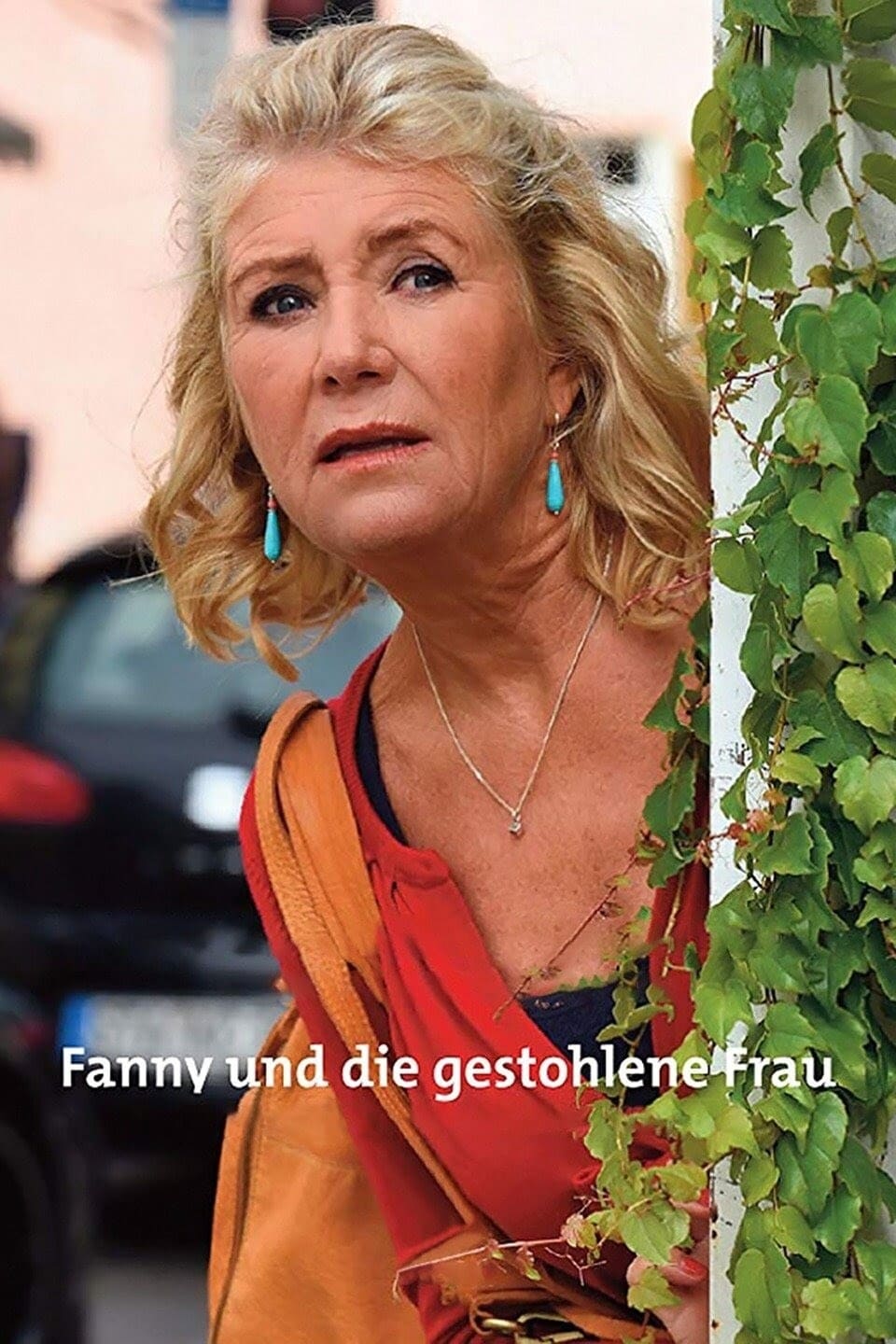
Unfortunately, Fanny can only enjoy her unexpected wealth for a short time. The tax office asks her to pay a hefty inheritance tax. Because of the valuable property, she has to pay far more than she was bequeathed in cash. Debts again - and her "crazy" half-brother Elias on top of that? She would like to get rid of him as quickly as possible.
Hans-Uwe Bauer (born 26 August 1955) is a German actor. He appeared in more than ninety films since 1979.
By browsing this website, you accept our cookies policy.